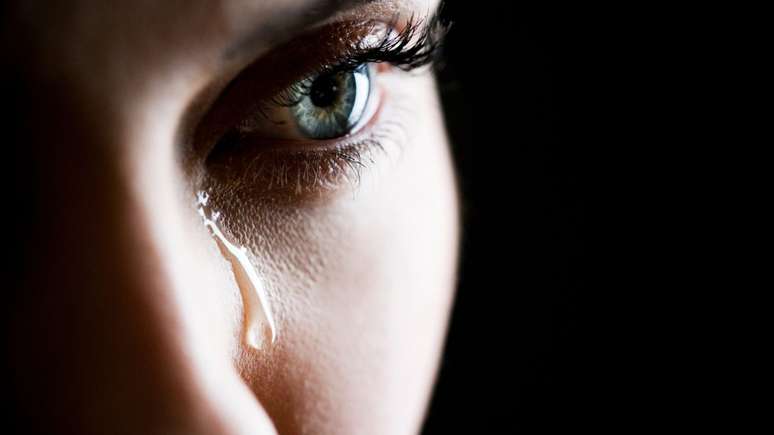Various physical or mental health problems can cause difficulty crying; understand each of them
Emotions are a very important part of human life, aren’t they? therefore, the screamwhether it is joy or sadness, it is also very important and, according to a study from Yale University, it even serves as an outlet and as a way to restore emotional balance.
For many people, problems, pain, grief, or even extreme happiness can be triggers for crying. However, for others, it just doesn’t work that way. According to a systematic review of international studies published in Comprehensive Psychiatry, approximately 30% of adults have difficulty or inability to cry.
This is a problem, considering the importance of crying at certain moments in life. “People who can’t cry may be more tense, stressed and anxious, since they don’t have crying as a way to relieve their emotions,” says Monica Machado, psychologist and founder of Clínica Ame.C.
But why do some people have difficulty crying? Basically, this can occur for social, health or unknown reasons. In all cases, it is important to seek professional help, through therapy, to better understand yourself and try to change what is needed.
Next, learn more about Possible causes behind the inability to let tears fall:
Childhood experiences
Children who grow up in an environment without emotional support and validation end up becoming adults who have difficulty expressing their feelings. These people may even believe that crying is not a healthy way to show their emotions.
Danielle H. Admoni, a general and child and adolescent psychiatrist, explains that experiences during early childhood play a significant role in children’s neuropsychomotor development.
“Mirror neurons, which fire in response to observed behaviors, can condition children to suppress emotions if they are surrounded by emotionally reserved individuals,” she says, who is also a researcher and supervisor at the Psychiatry residency at the Federal University of San Paul. (UNIFESP/EPM).
Emotional repression
It is common that there are certain emotions that are contained within people and are not shown so easily. However, this problem of not showing vulnerability has increased a lot with social media.
“Celebrities are betrayed, they end relationships, they get offended, but they don’t come down from their pedestal. They adopt a posture of dominance as a defense mechanism and fill social networks with photos of full joy. In addition to taking away the right to feel and express own emotions, this emotional armor praises the culture of “crying is a sign of weakness”, comments sexologist Claudia Petry.
Mental disorders
Some mental health problems can also affect the ability to cry. As psychiatrist Danielle Admoni states, people with bipolar disorder and schizoaffective disorder, for example, have a small range of emotions.
“And depression, contrary to popular belief, does not necessarily manifest itself through constant crying. Among its different types and symptoms, melancholy can generate a feeling of emotional emptiness and disconnection, making it difficult to react to events and the ability to cry,” he adds.
Post traumatic stress
Those who have experienced trauma in childhood or adolescence may experience complex changes in the brain, including impaired ability to cry.
A study in Nature showed that young people with a history of post-traumatic stress disorder (PTSD) showed changes in the activity of the amygdala, a region of the brain responsible for processing emotions and crying. This situation becomes even more serious when traumas cause multiple psychological consequences, as in the case of sexual abuse.
Source: Terra
Ben Stock is a lifestyle journalist and author at Gossipify. He writes about topics such as health, wellness, travel, food and home decor. He provides practical advice and inspiration to improve well-being, keeps readers up to date with latest lifestyle news and trends, known for his engaging writing style, in-depth analysis and unique perspectives.








